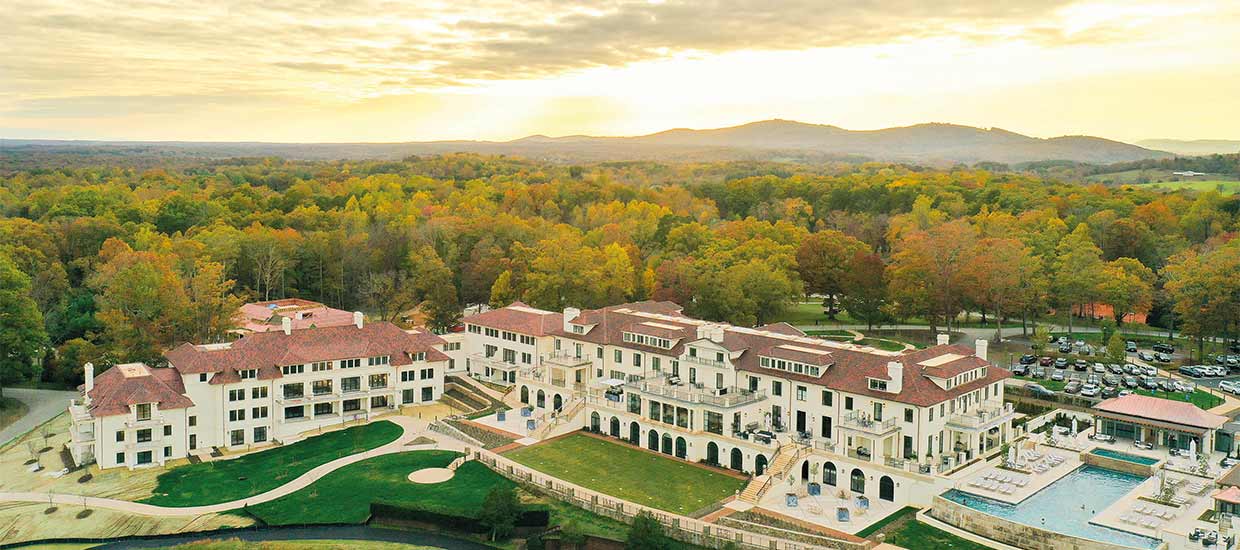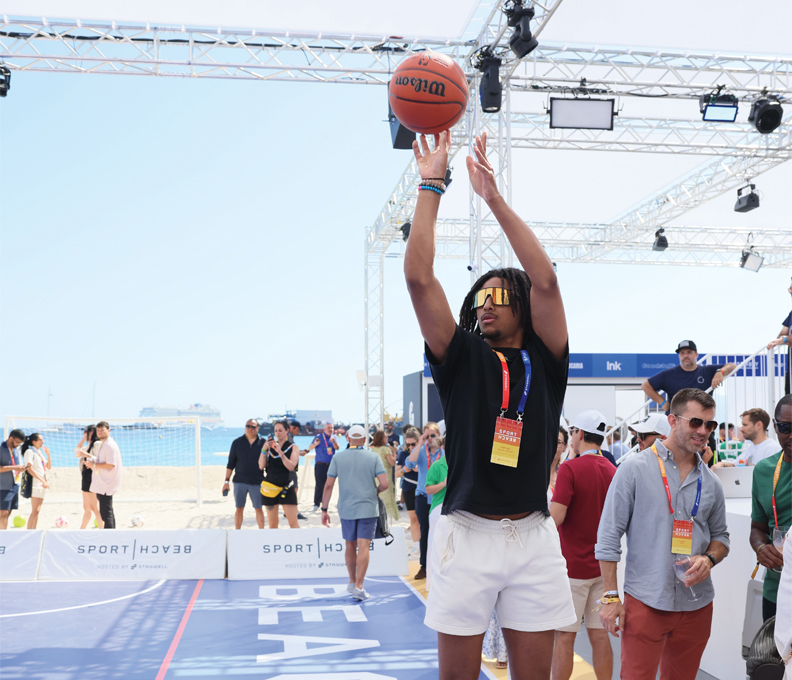What It’s Like to Be Hotel GM at Covid-19 Ground Zero
Hotels have been shifting to housing front line responders in the Covid-19 pandemic
April 17, 2020
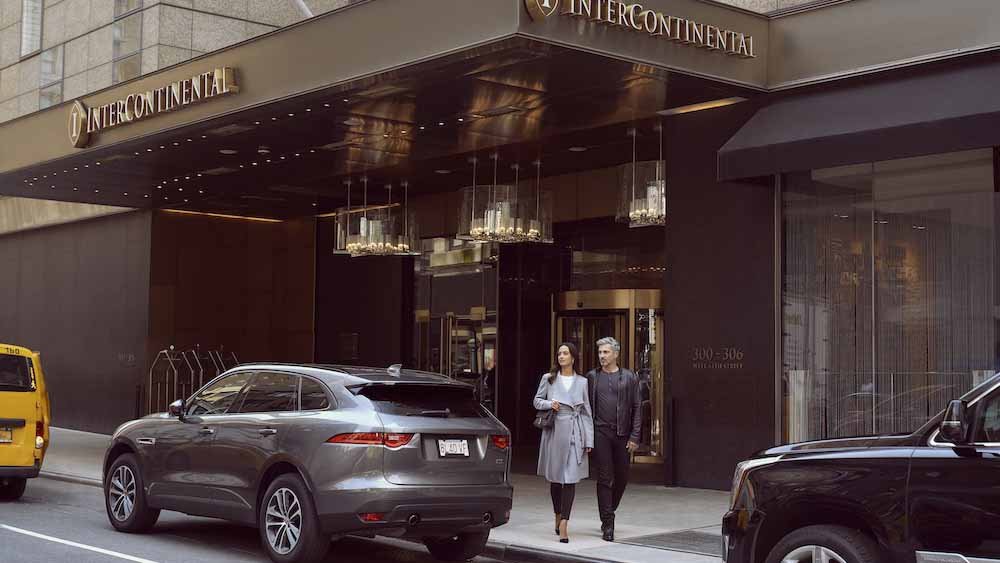
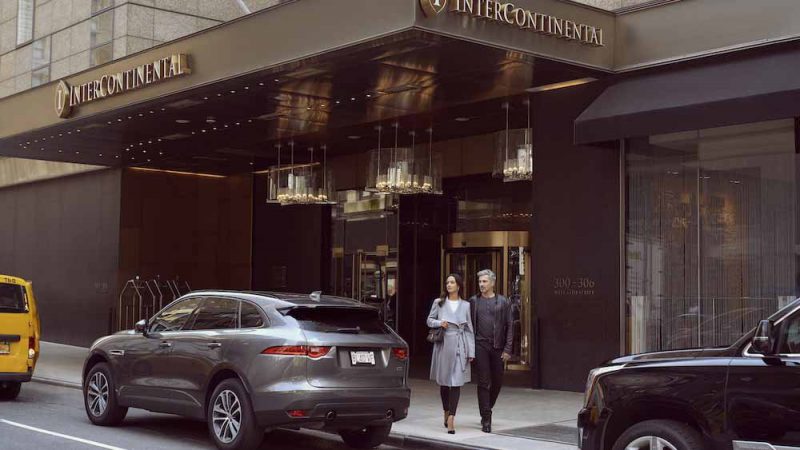
Right now, the global epicenter of the Covid-19 pandemic is New York State. The epicenter of that epicenter is New York City.
On a normal day, one of the city’s most iconic large hotels, the Intercontinental New York Times Square, would be humming with life. The property’s 607 rooms and 4 suites would be filled with the well-heeled business and leisure clientele that you still see, anachronistically, in videos on the hotel’s website.
But today, the hotel is home to New York City’s frontline health care workers.
All but 250 of the hotel’s rooms are closed. Those 250 rooms have been opened to provide a haven for doctors, nurses and other healthcare professionals who are staying at the hotel for free in a plan underwritten by Met Life and coordinated by the state of New York and the Hotel Association of New York City.
Like New York’s 57th Street icon, The Four Seasons, which has also been given over to first responders, the hotel looks very different from the way it usually does. There are guide tapes on the floor to keep people mindful of maintaining recommended distance. Eating and drinking spaces are closed and in their place is a wall where health care guests collect their delivered food which they eat in their rooms.
For General Manager, Gul Turkmenoglu, the shift from luxury hotel to health care worker haven has been a challenge but it’s not one for which she was unprepared.
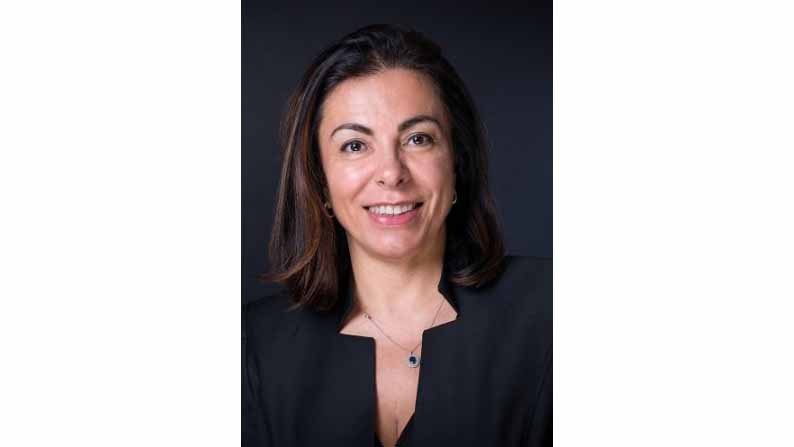
“Hotel managers are trained in the skill of crisis management,” she says.
“You need to be agile and resilient. The most important thing is how can you change your operation within 24 hours to adjust to a new situation. I do believe we did it well. Our team was super supportive.
“We closed the hotel about 2 weeks ago,” she says.
“We found out from our owners that we were going to donate rooms to the first responders and we opened quickly with new rules to keep our workers safe.”
Turkmenoglu points out that all her housekeeping staff have Personal Protection Equipment garments (PPE) as well as facemasks. Linens are delivered in sealed packages to individual rooms instead of being made by staff. Every precaution is being made to safeguard staff as well as to provide a comfortable refuge for people who are working up to 36-hour shifts.
For Turkmenoglu, one of the biggest challenges is the ability to make a social connection.
“As a GM, I’m used to greeting my guests; to talking to them, connecting with them. Now we find new ways to meet the challenge. Even before our health care guest checks in, we’ve already e-mailed them to ask if they have any specific needs and let them know we are here for them. Our rooms have a big thank you greeting on the TV screen.”
Turkmenoglu says that the tradition of New York applauding its first responders at 7 PM every evening is not happening in the hotel’s lobby. But it’s not because there is a lack of gratitude.
“Our guests are usually so tired. They just want to get back to their rooms and get a good night’s sleep.”

